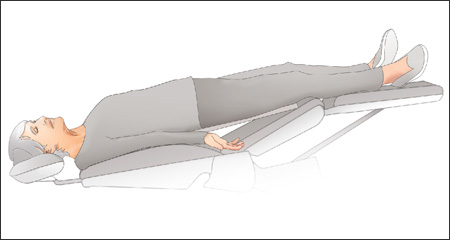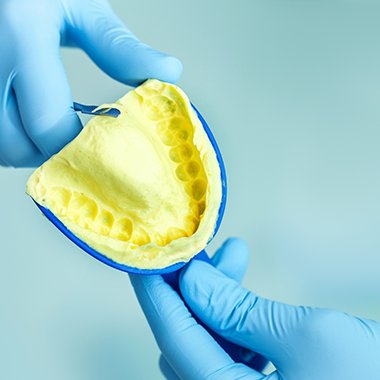Syncope, or fainting, is a common occurrence that can occur in any medical setting, including dental clinics. It is a sudden, temporary loss of consciousness caused by decreased blood flow to the brain. Although syncope is usually not life-threatening, it can be very disruptive and embarrassing for patients and can lead to further health problems if not managed properly. As such, dental clinics need to understand the causes, diagnosis, and management of syncope to ensure the safety of their patients and staff. Having a comprehensive syncope management plan in place is essential for all dental clinics to ensure the best possible outcome for their patients.
What is a Syncope?
Syncope is a loss of consciousness that is caused by a decrease in blood flow to the brain. It is also known as fainting. Syncope can occur in any setting, but is more common in medical environments, especially when blood pressure is low. Syncope is often caused by a drop in blood pressure, which leads to a decrease in blood flow to the brain. There are many causes of syncope, including dehydration, low blood sugar, overheating, and hyperventilation, but the most common cause is a drop in blood pressure.

Causes of Syncope
There are many causes of syncope, but the most common is a drop in blood pressure. While a drop in blood pressure may sound serious, it is a very common occurrence. Some of these are dehydration, low blood sugar, overheating, hyperventilation, and standing for long periods. Other less common causes of syncope include certain medications, a heart condition, low blood sugar, a reaction to the medication, a brain injury, and a reaction to dental treatment. It is important to note that not all causes are controllable.

A heart condition may cause a drop in blood pressure, which is not controllable and may cause syncope or fainting.
Syncope is a transient, self-limiting, self-correcting loss of consciousness, usually leading to fall on prolonged standing.
Treatment for Syncope | Dentistry
If you encounter syncope, you should sit for a few minutes until your symptoms subside before resuming your activities. If you are experiencing syncope due to a drop in blood pressure, the best way to treat it is to raise your blood pressure to a normal level. This can be done through a variety of methods, such as drinking water, eating a healthy snack, removing any tight clothing, ensuring an appropriate room temperature, and using regulated breathing techniques.
Medications are also available that can help to raise blood pressure if needed. If you experience syncope due to a medication reaction, you should stop taking the medication and inform your doctor as soon as possible. If you have syncope caused by a heart condition, your doctor can prescribe medications and techniques to help you avoid fainting.
Syncope Management Plan
A syncope management plan is essential for all dental offices. It details how to recognize symptoms of syncope, how to control the situation, and how to transfer the patient to a safe place if needed. Every dental office should have a management plan in place.

It is recommended that a syncope management plan include the following elements:
- Dental staff roles and responsibilities
- Recognition of symptoms
- Controlling the situation
- Patient management
- Transferring the patient
- Follow-up
Importance of Syncope Management in Dental Clinics
Many believe that syncope is a non-serious condition. However, while it is rarely a life-threatening condition, it can be very disruptive and embarrassing for patients. It can lead to a multitude of problems, including injury to patients and staff. Depending on the cause of syncope, it can be very serious. If caused by a heart condition, for example, can be extremely serious and even life-threatening.
Dental clinics need to understand the causes, diagnosis, and management of syncope. Having a comprehensive management plan is essential for all dental clinics to ensure the best possible outcome for their patients.
Conclusion
Syncope or fainting may seem alarming, but it is a relatively common condition that can be managed. A syncope management plan is essential for all dental offices. It details how to recognize symptoms of syncope, how to control the situation, and how to transfer the patient to a safe place if needed. Having a comprehensive management plan in place is essential for all dental clinics to ensure the best possible outcome for their patients.






